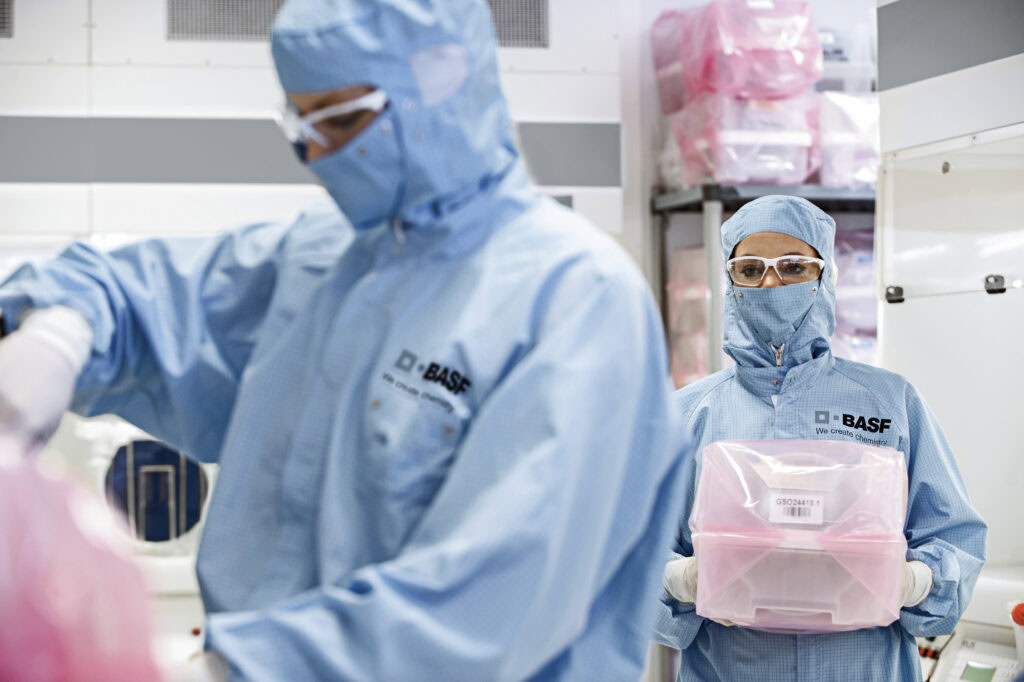The agreement will see the plastic feedstock be used for production of the German manufacturer’s recycled products, such as food packaging and plastics for the automotive industry.
The plastic-based feedstock will be supplied from Sustane’s Chester facility in Nova Scotia, Canada, including output from both its existing production line and an upcoming facility expansion.
Peter Vinall, CEO of Sustane Technologies, said: “This partnership with BASF affirms the value of our Canadian-made innovation on the global stage.
“Sustane’s unique product has a greatly reduced carbon intensity compared to fossil feedstocks for plastics and is notable for not requiring additional upgrading.”
“Together, we’re closing the loop on hard-to-recycle plastics and proving that circular solutions can scale and deliver real economic and environmental impact.”
Sustane processes end-of-life plastics into a pyrolysis oil which can be used in chemical production.
Paul Houston, Manager Business Development Americas, BASF, said: “At BASF, we are committed to driving circular economy, and partnerships like this are essential to that mission.
“Sustane’s advanced recycling technology enables us to integrate high-quality, circular feedstock into our value chains and reducing reliance on fossil inputs while supporting our customers’ green transformation goals.
“This agreement represents a powerful example of innovation and collaboration driving real impact.”
The companies added that they are looking to expand Sustane’s capacity both in Canada and internationally.
The company is based in Nova Scotia and operates across North America and Europe. Its new expansion will see its capacity triple.
BASF is headquartered in Ludwigshafen, Germany, and is active in over 80 countries around the world.






Subscribe for free